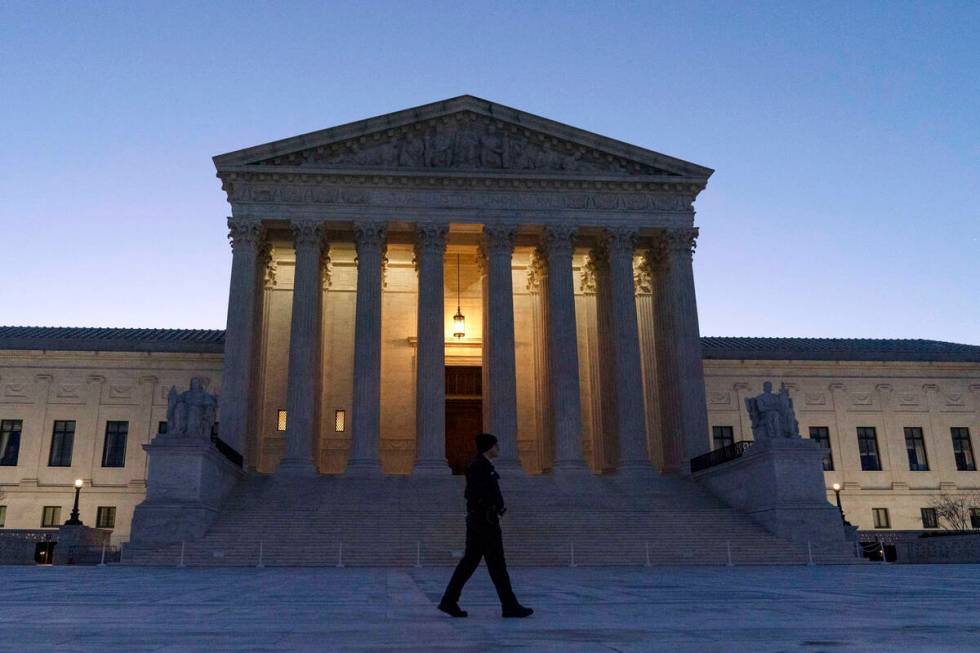EDITORIAL: ‘Something has gone seriously awry’

The U.S. Supreme Court has the opportunity to revisit one of its most unfortunate decisions in the past 50 years. The justices should seize the moment.
This week, the Institute for Justice, a D.C.-area law firm that defends citizens against government abuse, asked the high court to take up a New York eminent domain case in which the state seeks to confiscate private land to prevent the owner from building a medical office complex that would be in potential competition with another project.
Such a move might normally be prohibited under the Fifth Amendment’s Taking Clause, which holds that the government may not take “private property … for public use, without just compensation.” Seizing one man’s land in order to turn it over to another more politically connected private party would hardly seem a “public use.”
Yet in the 2005 case Kelo v. New London, the Supreme Court ruled 5-4 in favor of a Connecticut town that sought to raze a working-class neighborhood to make way for a new development and “urban village” near the headquarters of Pfizer Corp. Justice Anthony Kennedy sided with the four liberal justices to hold that the term “public use” applied when the government may realize any benefit from a taking, such as economic growth or increased tax revenue.
In other words, the majority — relying on a handful of dubious precedents — held that the Bill of Rights allowed governments to confiscate land for the sole purpose of transferring property to another private owner who promised some “higher” use for the real estate. Under this standard, whose property is protected from bureaucratic whim?
The dissenting justices were withering in their assessment of this erosion of a basic constitutional protection.
“Something has gone seriously awry with this court’s interpretation of the Constitution,” wrote Justice Clarence Thomas. “Though citizens are safe from the government in their homes, the homes themselves are not.” He went on to note, “Allowing the government to take property solely for public purposes is bad enough, but extending the concept of public purpose to encompass any economically beneficial goal guarantees that these losses will fall disproportionately on poor communities.”
In petitioning the court to hear the New York case, Bowers v. Oneida County Industrial Development Agency, the Institute for Justice hopes to have the justices revisit Kelo. As George Mason University law professor Ilya Somin wrote for the Volokh Conspiracy legal blog this week, “Four current Supreme Court justices have previously expressed interest in overruling or at least revisiting Kelo.”
That’s encouraging to proponents of due process and property rights, cornerstones of our democratic republic.
In the wake of Kelo, dozens of states, including Nevada, reformed their eminent domain laws to prevent abuses, particularly seizures intended to benefit another private party. Other states beefed up their own constitutional protections. Oh, and that “urban village” concept which triggered Kelo? It never materialized. The proponents failed to find financial backing. The area became a vacant lot.